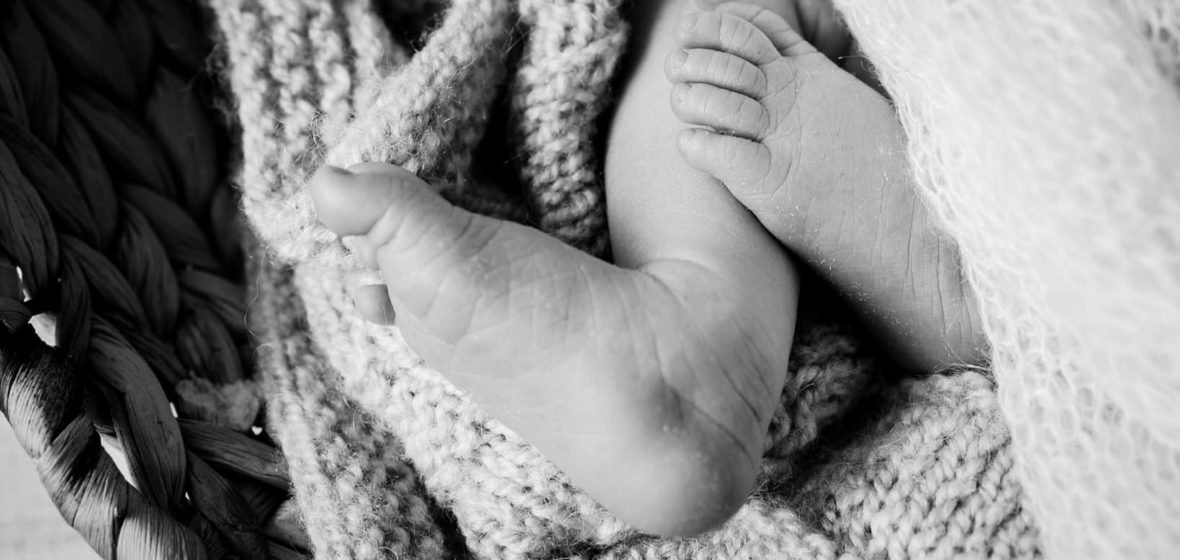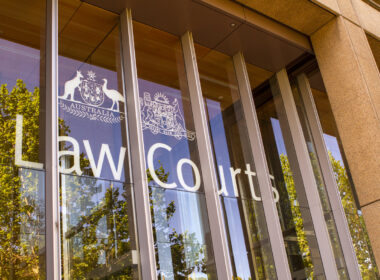NSW is the first jurisdiction in Australia to have a standalone offence for criminals who cause the loss of an unborn child, offering greater support to expectant parents.
Attorney General Mark Speakman said although a law can never repair the harm and distress caused in such horrific circumstances, the reforms better acknowledge the heartbreak suffered by families and “hold offenders more appropriately to account” through stronger sentences.
The two new laws came into effect on Tuesday following unwavering advocacy by victims, including expectant mothers Brodie Donegan and Jacqueline Sparks, who both lost their unborn daughters after incidents involving drug affected drivers.
Previously if an unborn child was killed as a result of a criminal act, it was classified as an injury to the mother. There was no standalone charge for the “causing the loss of a foetus”.
“The commencement of these reforms is the culmination of years of advocacy by expectant parents. I recognise the extraordinary resilience of Brodie Donegan, Jacqueline Sparks and other victim-survivors in sharing their experiences,” Mr Speakman said.
Donegan lost her unborn baby Zoe at 32 weeks pregnant after she was hit and pinned under a van by a drug affected driver in 2009. She said the reforms bring justice a step closer for expectant mothers.
“I thank the Attorney General and the NSW Government for their commitment and acknowledgement of the tragedy, loss and importance of legal recognition. Nothing will replace Zoe, nor will it replace the grief experienced by families in the future impacted by tragedies such as this,” she said.
“However, this law will go a long way in terms of recognition that anyone who commits a criminal act causing the loss of an unborn child will be held accountable, the loss will count and be recognised at law.”
In 2014, Sparks lost her unborn child Mia at full-term after she was hit in a head-on vehicle collision by a drug affected driver. The accident ruptured Ms Sparks’ uterus, leaving her unable to bear children.
“This law will really make a difference to a family in the future. Our daughters were everything to our lives. At the very least their loss of having a life can be accounted for. This law is about our loss and all the other families that have lost their babies, not by choice or illness or fate,” Sparks said.
The first offence (Causing the loss of a foetus) applies to a “wide range of criminal acts” such as dangerous driving causing grievous bodily harm, that leads to the death of an unborn child, but the mother survives. This carries a maximum penalty of five to 28 years imprisonment.
The second offence applies when an unborn child is lost, and the pregnant woman is killed due to a third-party criminal act. Offenders will serve a maximum of three years in prison for the loss of the foetus, in addition to the maximum penalty for the homicide offence.
These can be charged where the foetus was at least 20 weeks or 400 grams weight. But under the reforms, improved support and recognition is available to parents who lose and unborn child of any age as a result of a third-party criminal act.
Family members can make a victim impact statement that may be taken into account by the courts when sentencing offenders and families can claim funeral costs for the loss of an unborn child caused by a car accident.
When either of the new offences are charged, eligible families can also claim a one-off $3000 “bereavement payment” to assist with counselling and support services.
“For many years, there has been discussion in the NSW Parliament about possible reform in this area of the criminal law but strong disagreement as to how that should occur,” Speakman said.
“This reform delivers on a commitment by the NSW Government to seek expert advice and community feedback on how the loss of a foetus as a result of a third-party criminal act might be better recognised in NSW law.”




